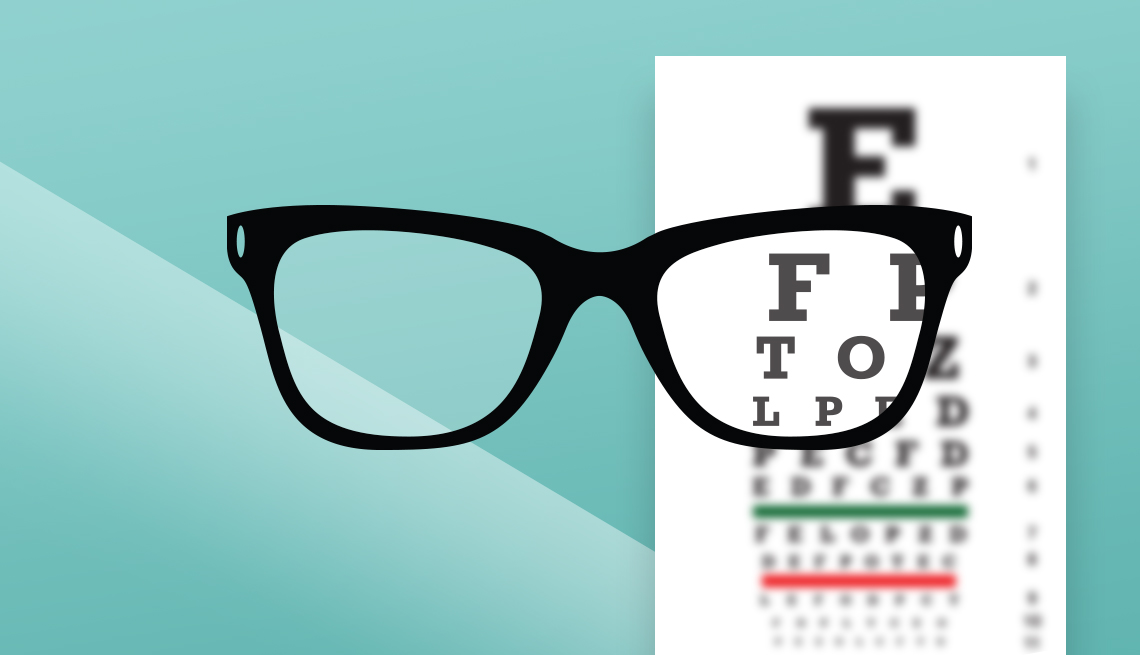Optometrist in Andalusia: Relied On Professionals for Vision Health
Optometrist in Andalusia: Relied On Professionals for Vision Health
Blog Article
Is Refractive Surgical Treatment Right for You? Factors to Think About for Better Eyecare
In the world of eye treatment, the decision to go through refractive surgical treatment is a substantial one that requires thoughtful factor to consider. From the ins and outs of one's eye health and wellness to the ins and outs of day-to-day behaviors and individual assumptions, each facet holds value in the wider landscape of refractive surgery candidacy.
Eye Health Assessment
When thinking about refractive surgery, an extensive eye health evaluation is critical to analyze the viability of the procedure for each person. cardiologist andalusia. This evaluation entails a series of assessments and tests performed by an eye treatment expert to determine the total health and wellness of the eyes, the existence of any hidden problems, and the stability of the refractive error
Throughout the analysis, different factors are taken into consideration, such as the individual's medical background, existing eye prescription, corneal density, pupil size, and tear film quality. These analyses assist to determine any kind of contraindications to refractive surgical procedure, such as corneal problems, cataracts, or neglected eye infections. Furthermore, the analysis helps to take care of client assumptions concerning the possible outcomes of the surgical procedure based on their special eye features.
Inevitably, the eye health examination is crucial in ensuring the security and performance of refractive surgical procedure, as it provides valuable insights into the individual's eye health and wellness status and helps identify one of the most ideal therapy choices for accomplishing optimal visual end results. (andalusia pediatrics)
Way Of Living Analysis
A thorough way of living assessment is indispensable in figuring out the suitability of refractive surgical treatment for a person's aesthetic adjustment demands. Way of life variables such as profession, leisure activities, and everyday tasks play an essential duty in the decision-making process relating to refractive surgery.
Moreover, way of life routines such as sporting activities engagement, exterior tasks, or also skincare routines can influence the recovery procedure and general success of refractive surgical treatment. By carrying out an extensive lifestyle assessment, eye treatment experts can tailor their recommendations and therapy strategies to satisfy the distinct needs of each patient, inevitably leading to improved aesthetic end results and fulfillment.
Expectation Alignment

Individuals need to comprehend that while many individuals attain Get More Info 20/20 vision or much better adhering to refractive surgical treatment, some might still require glasses for specific tasks like reading or driving at evening. Managing these assumptions helps avoid dissatisfaction and dissatisfaction post-surgery, leading to an extra positive general experience for the person.
Risk Evaluation

Aspects that may raise the danger of complications include age, specific clinical conditions like autoimmune illness, unstable vision prescription, thin corneas, and impractical patient assumptions. In addition, choosing a seasoned and experienced specialist, adhering to pre and post-operative care directions faithfully, and disclosing any type of pertinent clinical history can assist alleviate threats.
To minimize the possibility of difficulties, eye doctors conduct extensive pre-operative analyses to identify any contraindications to surgical treatment. They additionally review the potential dangers and advantages with people throughout the consultation process. By participating in open interaction and shared decision-making, both the eye doctor and the person can function with each other to figure out if refractive surgery is the right selection based upon specific risk accounts and wanted results.
Examination Relevance
Considering the critical function of notified decision-making in examining risks and prospective difficulties in refractive surgical procedure, the assessment procedure holds substantial importance in guiding people in the direction of ideal results. During the consultation, the eye doctor examines the individual's eye health, refractive errors, and total suitability for surgery. This initial analysis is vital in identifying the most ideal procedure for each person, considering factors such as corneal density, pupil dimension, and existing eye problems.
Furthermore, the appointment functions as an opportunity for people to discuss their expectations, problems, and any Check This Out type of inquiries they may have regarding the surgical treatment. Clear communication in between the client and the doctor is important to guarantee practical expectations and a thorough understanding of the prospective risks and benefits entailed.
Additionally, the appointment allows the doctor to discuss the various medical options readily available, their respective results, and the site post-operative treatment required. This extensive conversation empowers individuals to make educated decisions regarding their eye treatment, causing much better contentment and outcomes post-surgery.
Final Thought
In verdict, individuals thinking about refractive surgical treatment needs to undergo an extensive eye health and wellness analysis, assess their lifestyle practices, align their assumptions with possible end results, assess the associated risks, and prioritize examinations with eye treatment specialists. These variables play an essential function in figuring out the viability of refractive surgical procedure for each and every person, ensuring optimal outcomes and complete satisfaction with the procedure.
Clients thinking about refractive surgical treatment typically have high expectations concerning the outcomes, expecting perfect vision without the need for glasses or call lenses. While refractive surgical procedure can greatly enhance vision and decrease dependency on visual aids, it is essential for clients to comprehend that results might vary based on private variables such as the level of refractive error, corneal thickness, and total eye wellness.
By involving in open communication and shared decision-making, both the patient and the eye doctor can function with each other to identify if refractive surgery is the appropriate option based on individual threat profiles and desired end results.
Thinking about the crucial duty of notified decision-making in assessing threats and prospective complications in refractive surgical treatment, the assessment procedure holds considerable relevance in assisting patients in the direction of optimal end results. During the examination, the ophthalmologist examines the patient's eye health and wellness, refractive errors, and general suitability for surgical treatment.
Report this page